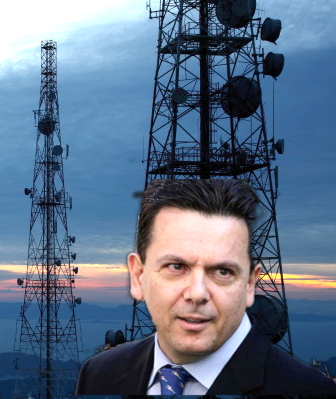Xenophon puts hard word on AFP, gets half response
 South Australian independent Senator Nick Xenophon has taken the Australian Federal Police to task over their practice of monitoring MPs phone activity.
South Australian independent Senator Nick Xenophon has taken the Australian Federal Police to task over their practice of monitoring MPs phone activity.
Mr Xenophon has for some time been working to establish the level of surveillance the AFP commonly carries out on Australian politicians, and their contribution to the PRISM surveillance program.
At a senate estimates hearing earlier this week, Xenophon asked Australian Federal Police (AFP) commissioner Tony Negus a range of questions over the collection and use of ‘metadata’; the information recorded by mobile phones including call records, call durations, GPS locations at the time of calls, photos and text message as well as other data.
Negus tried to downplay the level of monitoring of government officials, saying at the moment they are only tracking “less than five” members of parliament.
Legal protections prevented the police commissioner from commenting further.
Mr Xenophon is understandably concerned about the digital surveillance undertaken by the Federal Police on members of parliament and, presumably, anybody else of interest.
“What is disturbing about the AFP commissioner’s admissions is that MPs’ records are being obtained in the context of whistleblower investigations – which can have a chilling effect on public servants coming forward with crucial evidence of corruption or maladministration, and in turn, on free speech,” Xenophon said on Wednesday.
The police intercession on non-criminal issues could sour the relationship between parliamentarians and journalists, which many believe should remain strong and enable whistleblowers to speak out without fear of constant monitoring.
“If a number of MPs were subject to these orders, how many journalists would be as well?” Senator Xenophon asked.
“There is a massive difference between the police obtaining the records of an MP suspected of corruption, and obtaining details of an MP talking to a whistleblower.”







 Print
Print